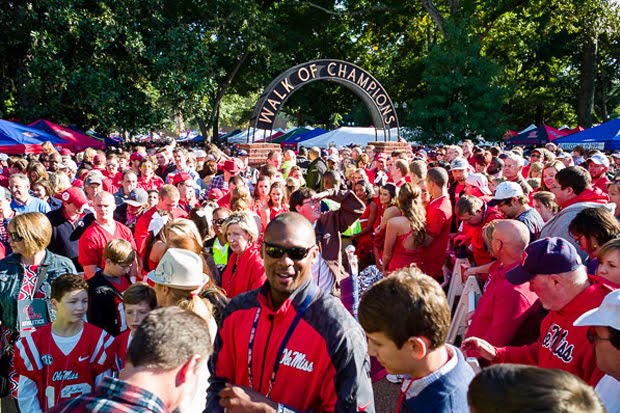

MONAKO DIBETLE
DESPITE over 19,500 COVID-19 deaths to date and an average of 1,200 new infections reported in South Africa every day, university students on several campuses seem to be partying up a storm and disregarding safety precautions.
This has contributed to some new COVID-19 infections in recent weeks and has raised concern over students as superspreaders.
The recent infection increases can be linked to multiple events such as parties, funerals and other mass gatherings, that have led to widespread speculation that the country might return to stricter lockdown restrictions.
A few weeks ago, following the South African government’s announcement of a transition to lockdown level one restrictions, the least stringent level, students across the country went out partying in great numbers, often undermining lockdown regulations which prescribe the use of face masks, hand sanitising, social distancing and adherence to a curfew.
Strict measures not enough
In October alone, 73 young people, mostly students, contracted the coronavirus after attending a student party at a popular Cape Town bar. Several of these students were later hospitalised after reporting mild symptoms related to COVID-19.
Over 30 Fort Hare University students recently contracted COVID-19 after attending two parties in East London where over 300 people participated in the festivities and were reported to have completely undermined COVID-19 prevention procedures.
In another incident at the University of KwaZulu-Natal’s Howard College campus last week, 19 students had to be placed in isolation at a government facility after testing positive for COVID-19. The students were reported to have attended a party where COVID-19 safety precautions were not followed. The university has announced its concerns and stressed that students and staff should remain vigilant despite the country being on level one lockdown.
Further afield, in the United States, universities are struggling to rein in their students and some are resorting to online learning once again, in order to prevent the spread of COVID-19 on campuses. As restrictions eased, students in the US, like their peers in South Africa, took advantage of the situation by throwing wild parties on and off campus, knowingly or unknowingly increasing the number of new infections.
A month ago, in October, police in Tallahassee, Florida, had to break up a massive party of about 1,000 people near Florida State University, where more than 1,400 students had already tested positive.
According to the Washington Post, student leaders and local officials have gone to the extremes of dropping by popular bars near campuses to hand out masks to students and remind them to stay safe. Other universities are considering shutting down social events completely or, even worse, deregistering students who violate COVID-19 safety restrictions.
University leaders call for compliance
In response to student activities in South Africa, the board of directors of Universities South Africa, the vice-chancellors of 26 public institutions, issued a statement noting “grave concern about reports of reckless student behaviour on campuses” since the country transitioned to lockdown level two and one.
Noting that COVID-19 “remains alive and active” in this country, as evidenced by over 1,000 new cases being reported daily in South Africa, the board cautioned that students needed to guard their day-to-day behaviour on campuses and in residences.
With South Africa entering the summer festive season and experiencing a surge in new infections, the signs are clear that more needs to be done to prevent the spread of COVID-19, especially among high school scholars and tertiary education students. But, are students to blame for this recent upsurge in new COVID-19 cases?
South African Students Congress President Bamanye Matiwane, who is from Nelson Mandela University, does not think so.
“Students alone cannot be blamed for the increase in COVID-19 cases. The government opened the country and university management said they were ready for full academic activities,” Matiwane said to University World News. There is no way, Matiwane emphasised, that students will not attend parties when they are on campus because they too need to destress.
“Universities need to take the full responsibility for everything that happens to its students and should stop pointing fingers at us,” he added.
University of the Witwatersrand student Bianca Getz (22) agrees: “As young individuals, I think we place great value on social time with friends. At first, I think we were all really scared about COVID-19, but I think a lot of people are not anymore and are going back to their lives before COVID-19.”
Getz, however, emphasises the importance of social distancing and general precautionary behaviour when she is around people and has not been to many social events since April in order to protect herself from contracting or spreading the virus.
(SOURCE: UNIVERSITY WORLD NEWS)





